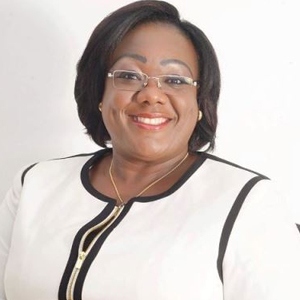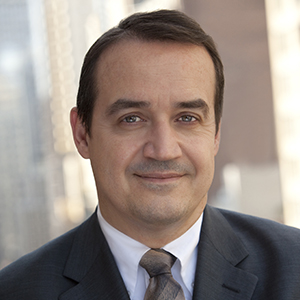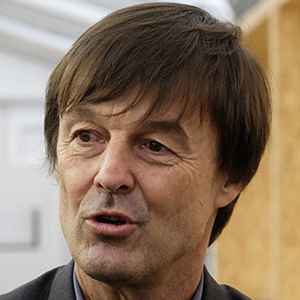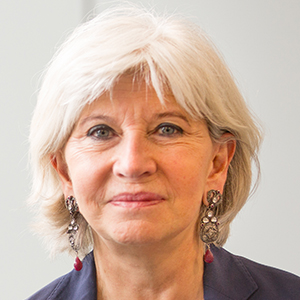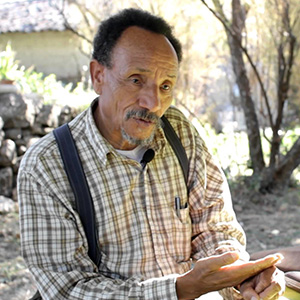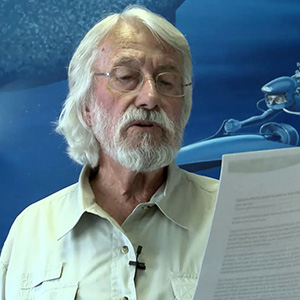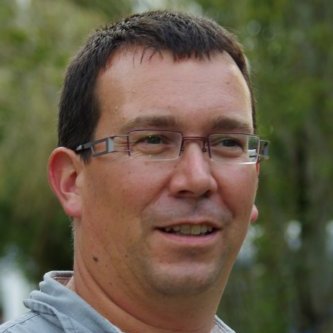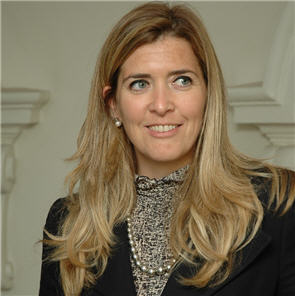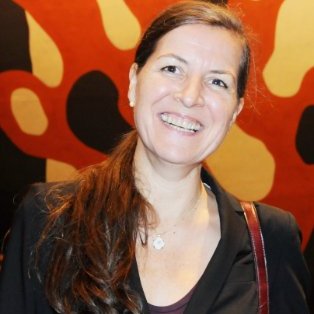Home > A Greener World
PAX ARCTICA–RUSSIAN ARCTIC Expedition 2017 launched today!
By Luc Hardy | Pax Arctica | 11th September 2017 | Updated at 10:09

A Greener World
| A one-month expedition will launch Sept. 11 to explore a virtually unknown region of the Russian Arctic and make the general public and decision makers aware of the challenges affecting this part of the world.
The expedition is led by explorer Luc Hardy, founder of Pax Arctica, an organization that raises awareness of the impact of climate change on arctic, polar and glacier regions.
At a time when no place on the planet seems inaccessible, one of the most extreme regions has yet to reveal its secrets. Above the Arctic Circle, the islands of New Siberia and De Long are still terra incognita… even if ancient and modern maps mention them; even if a few rare explorers trampled the ground of these “white zones” of which the smallest island are the De Long.
In 1879, Captain George W. De Long and his crew of sailors and scientists left San Francisco aboard the American flagged USS Jeannette. De Long set out to reach the North Pole via the Bering Strait. But in the north of Siberia, the Jeannette and her 33 navigators found themselves trapped in the pack ice. After two years of forced wintering and drifting, the crushed boat eventually sank in the icy waters.
In their attempt to reach the Russian mainland, the adventurers discovered the islands of the Arctic Ocean, which De Long baptizes Bennett, Jeannette and Henrietta. Twenty of the adventurers, including George W. De Long never reached the continent and died in the Lena river delta.
In September 2017, a Franco-Russian-American expedition will launch to follow in the footsteps of the USS Jeannette starting from the port of Tiksi, in Yakutia. The mission of the exploration is to pay tribute to George W. De Long, his crew and the local people who helped them, but above all it is to observe and witness this little known yet threatened world.
This (re)discovery of the islands of New Siberia is led by explorer Luc Hardy, a member of the Explorers Club of New York and the Society of French Explorers and founder of Pax Arctica. The expedition has received the Flag Expedition status from the New York Explorers Club.
The Pax Arctica – RUSSIAN EXPEDITION 2017 NEW SIBERIAN ISLANDS is supported in part by the Prince Albert II of Monaco Foundation. For many years, HSH Prince Albert II has pursued a long family tradition of working to protect the environment and to promote sustainable development in order to face the threats menacing the planet. Among the Foundation’s areas of activity, polar regions are one of its priorities. Prince Albert II is very familiar with the extreme regions of the globe and regularly speaks to this issue,
If the Arctic is (…) an advanced sentinel of warming, it is also a privileged witness of what we should do to save our planet, an essential example of the new economic and political model that we must invent to fight against this warming. The entire world needs the Arctic, a living Arctic, rich with the people who inhabit it and preserved from the dangers that threaten it. This is why it is our duty to invent in the Arctic, a new mode of development, an economy respectful of men and nature.
The approach of the Pax Arctica – RUSSIAN EXPEDITION 2017 NEW SIBERIAN ISLANDS echoes the philosophy of the Prince Albert II of Monaco Foundation.The results of this expedition will provide valuable information on the effects of climate change on these regions and the consequences they can have on ecosystems. Geolocalized measurements will be carried out in order to better understand local signs of climate change. M. Hardy said:
Today, Siberia is severely disrupted by anthropogenic climate warming. The planet has now entered a vicious circle that must be interrupted as soon as possible. Climate warming accelerates a little more each year, the melting of permafrost will cause cascading disasters: subsidence of soils, crater formations releasing carbon dioxide and methane bubbles and sometimes even the anthrax bacteria! It is therefore essential to communicate relentlessly in order to raise awareness among international public opinion. What happens in the Arctic areas highlights the challenges facing us globally because of climate change and the global water crisis.
Inspired by the great adventurers of the nineteenth century, Luc Hardy will embark on board the Russian Arctic research vessel – Mikhail Somov – in the company of renowned multidisciplinary researchers such as the paleozoologist Alexei Tikhonov and the anthropobiologist Eric Crubezy. They will address themes related to the human and animal settlement of Yakutia.
Alexeï Tikhonov, scientist and Director of the Zoological Museum in St. Petersburg, will seek to show how the melting permafrost uncovers numerous remains of mammoths…
For the paleozoologist that I am, the disappearance of permafrost is a boon because the remains of many mammoths resurface. I can learn a little more about this extinct species by advancing science. But, more generally, the melting of permafrost is also a problem related to global warming that must be stopped as soon as possible!
Éric Crubezy, Professor of Anthropobiology at the University Paul Sabatier in Toulouse, for his part will attempt to trace the source of the settlements in the Republic of Sakha, which remains attached to its ancestral traditions.
At the end of the 19th century, during the catastrophe of George W. De Long, we know there were Yakuts in the delta of the Lena who helped his engineer Melville. The Tungus went to the islands to seek mammoth ivory and hunt. The Liakhov Islands, like other New Siberian islands, are still today the most important places where mammoths’ tusks can be found. Much earlier, these islands may have been reached by the ancestors of the Inuit or their predecessors, and very old settlements cannot be ruled out. This is what I will seek to discover during the expedition.
The originality of this extraordinary adventure lies in the fact that it also welcomes artists (painters, photographers, musicians) such as Evgenya Arbugaeva, Zarina Kopyrina, Arkady Nasonov or Marie de la Ville Baugé, and extreme sportsmen such as Alexey Molchanov, the World champion free diver, and the French free dive champion Aurore Asso, who will attempt to dive at the site of the sinking of the Jeannette.
These multicultural personalities, drawn from civil society, will take a sharp and sensitive look at this region through the lens of their creative talents. They will be wise observers so that far below the Arctic regions, the vicious circle of global warming turns into a virtuous circle, more respectful of the riches of our planet …
A documentary film about the Pax Arctica expedition will be directed by Bertrand Delapierre, author of numerous films including The Pursuit of Endurance – in the footsteps of Shackleton.




